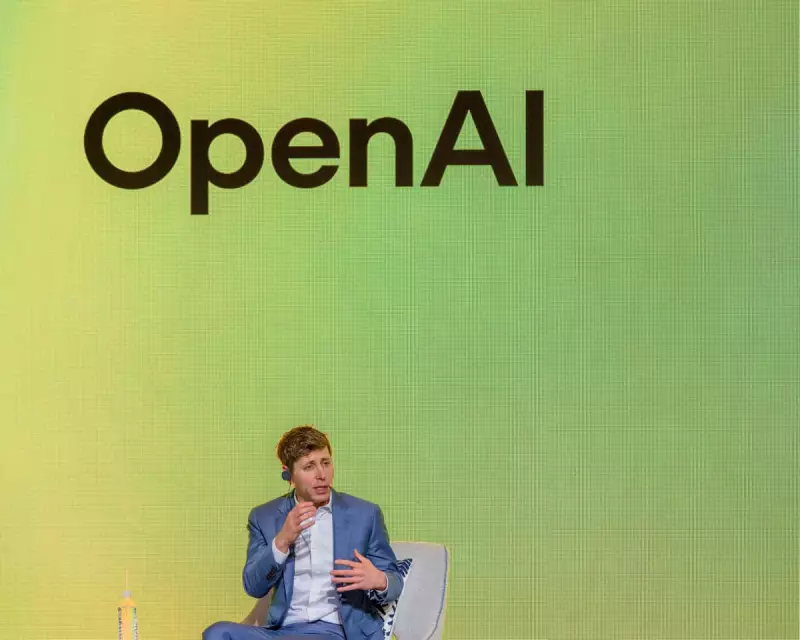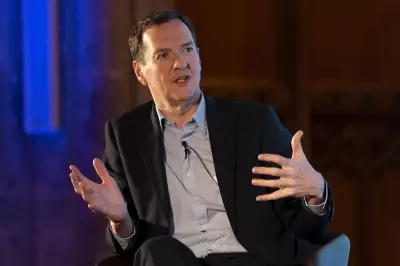
OpenAI has unveiled sweeping changes to its flagship AI model, ChatGPT, in a move that has sent shockwaves through the tech community. The alterations, described as a 'breakup' of sorts, aim to address growing concerns over AI ethics and regulatory compliance.
What's Changing in ChatGPT?
The modifications include stricter content filters, enhanced transparency measures, and new limitations on certain functionalities. These adjustments come amid increasing scrutiny from policymakers and advocacy groups demanding greater accountability in AI development.
Key Updates:
- More robust safeguards against harmful content generation
- Clearer disclosure when users interact with AI rather than humans
- Restrictions on certain high-risk applications
Industry Reactions and Implications
Tech analysts suggest these changes could set a precedent for how AI companies balance innovation with responsibility. 'This represents a watershed moment for the industry,' remarked Dr. Emily Carter, a leading AI ethicist at Imperial College London.
The move has sparked mixed reactions, with some users praising OpenAI's proactive stance while others lament the reduced functionality. Meanwhile, regulators are watching closely as they develop frameworks for AI governance.
The Road Ahead for AI Regulation
As governments worldwide grapple with AI policy, OpenAI's decision may influence upcoming legislation. The UK government recently indicated plans to introduce comprehensive AI regulations by late 2025.
For now, ChatGPT users can expect a more constrained but potentially safer experience as the technology continues to evolve within an increasingly regulated landscape.





